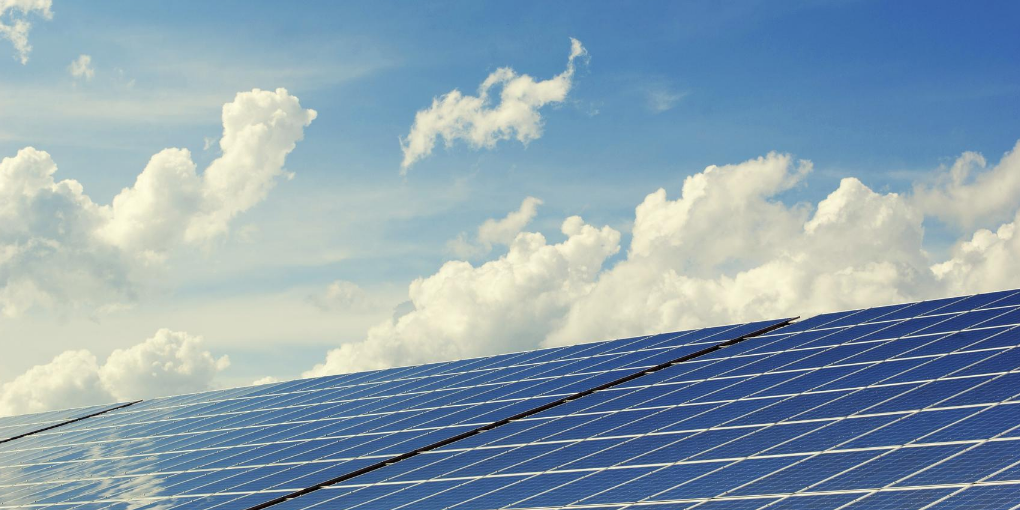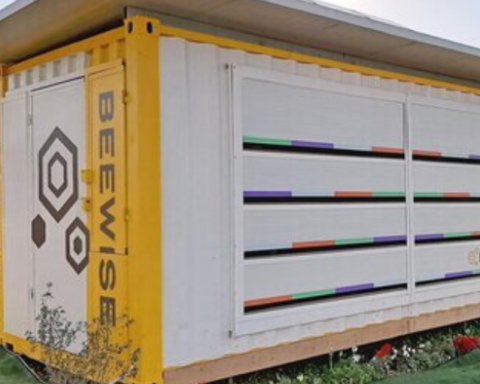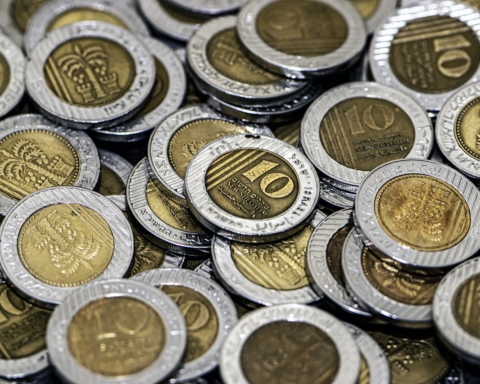The Environmental Protection Ministry, supported by the OECD, is urging Israel to move to 40% renewable energy by 2030, despite their previously stated goal of 30%, which is still being pursued by the Energy Ministry. Energy Minister Yuval Steinitz continues to push for gas-powered plants stationed in the Mediterranean Sea, and says that 30% is enough to make Israel the world leader in renewable energy. However, the OECD is in strong support of Environmental Minister Gila Gamliel, who is not only thinking about Israel’s global position, but also how to safely secure a sustainable future, and bring the carbon footprint down to zero by 2050.

Compared to other countries, Israel’s greenhouse gas emissions may appear small, but they continue to rise. Steinitz wants to continue exploring the idea of natural gas, even possibly building another power plant in the Mediterranean Sea. However, the Environmental Protection Ministry opposes, stating that another power plant would take at least 7 years to build, and by then, most countries may be running on 100% renewable energy.
The OECD Environmental Directorate is working with Gamliel to create a blueprint on how to reduce greenhouse gases and manage the economic, environmental, and social needs of climate change. In a statement by the OECD, they say that “Prioritizing renewable energy over fossil fuel generation in the electricity sector ensures a pathway to low-carbon future, whilst safeguarding well-being.”
While “creating an electricity system based predominantly on natural gas will jeopardize deep decarbonization goals due to the lock-in of carbon-intensive infrastructure and will not fully resolve air pollution problems…Solar PV (photovoltaic), in contrast, is cheaper than gas and its use would reduce air pollution and improve health, create jobs as well as provide other benefits.”








